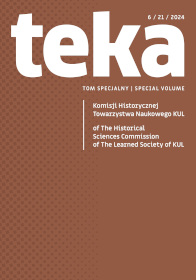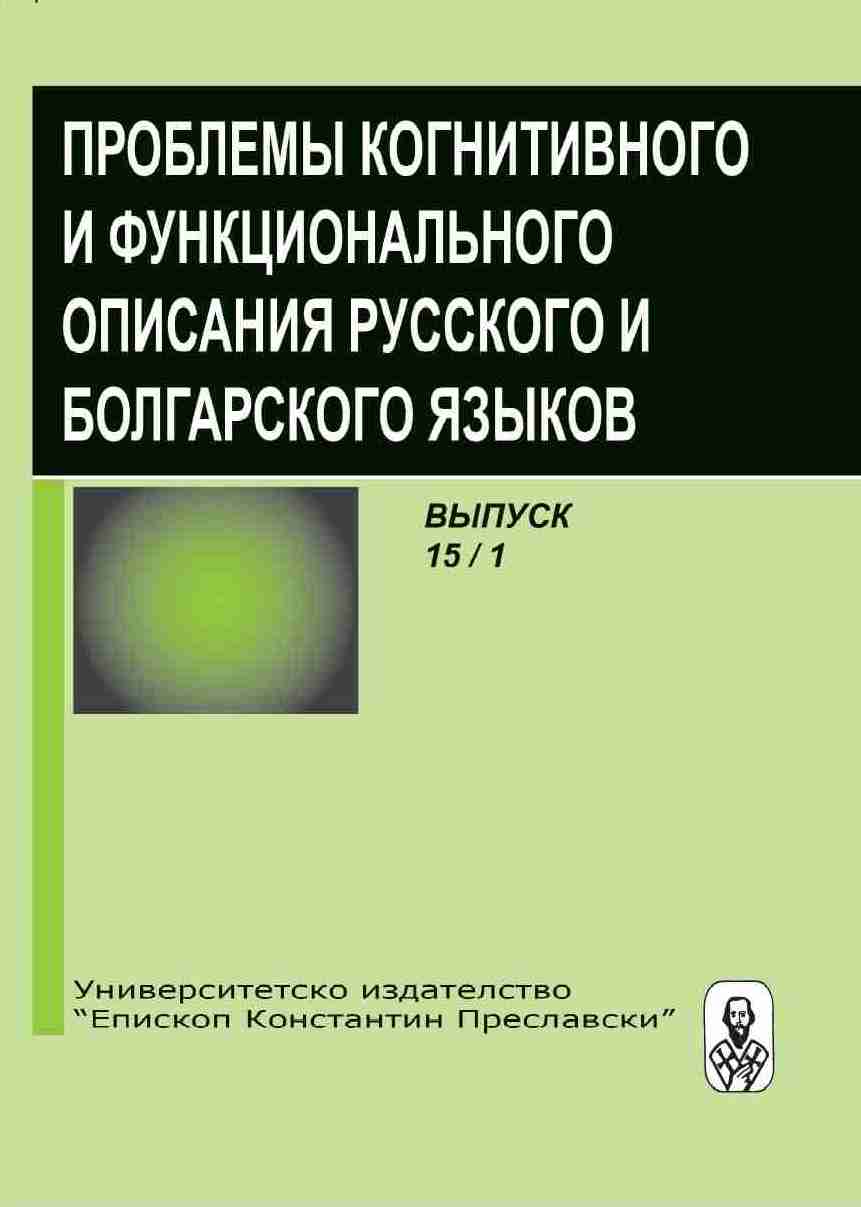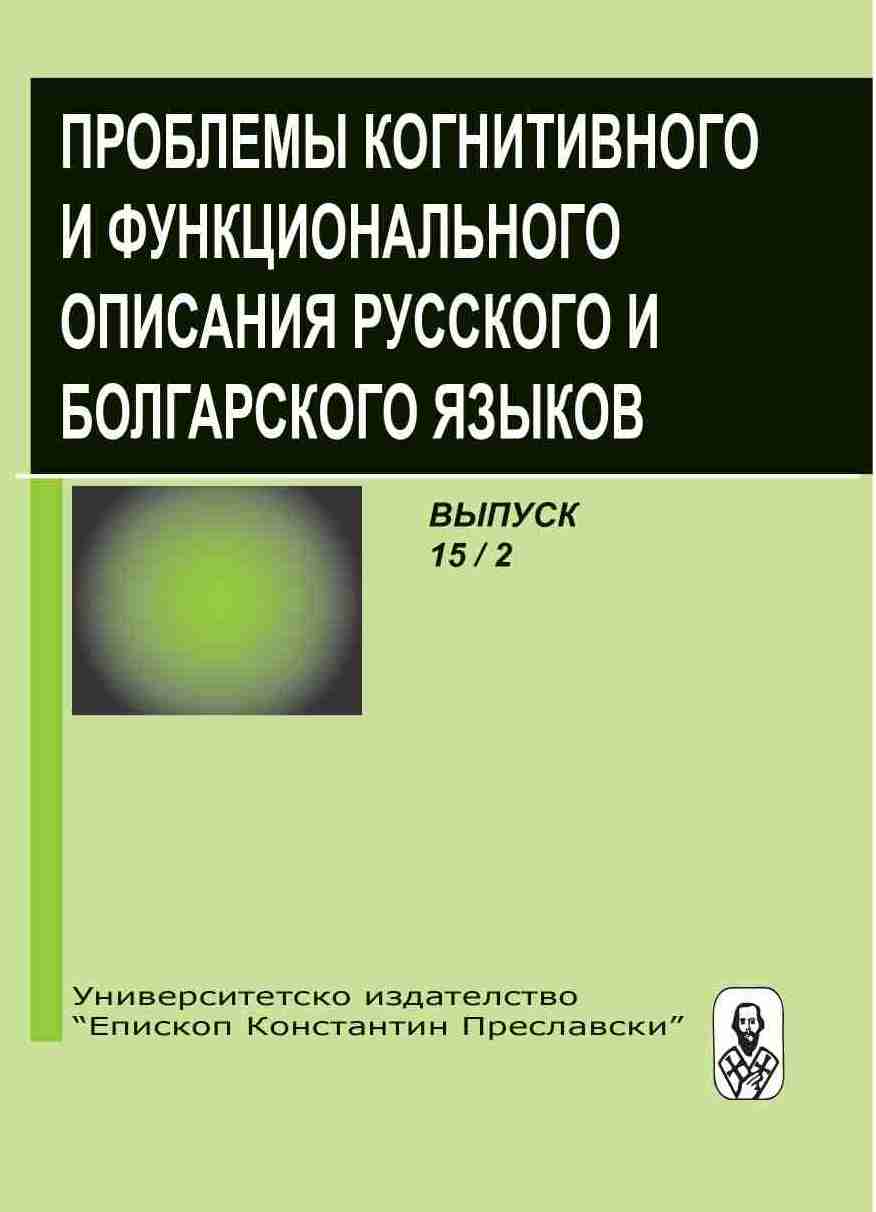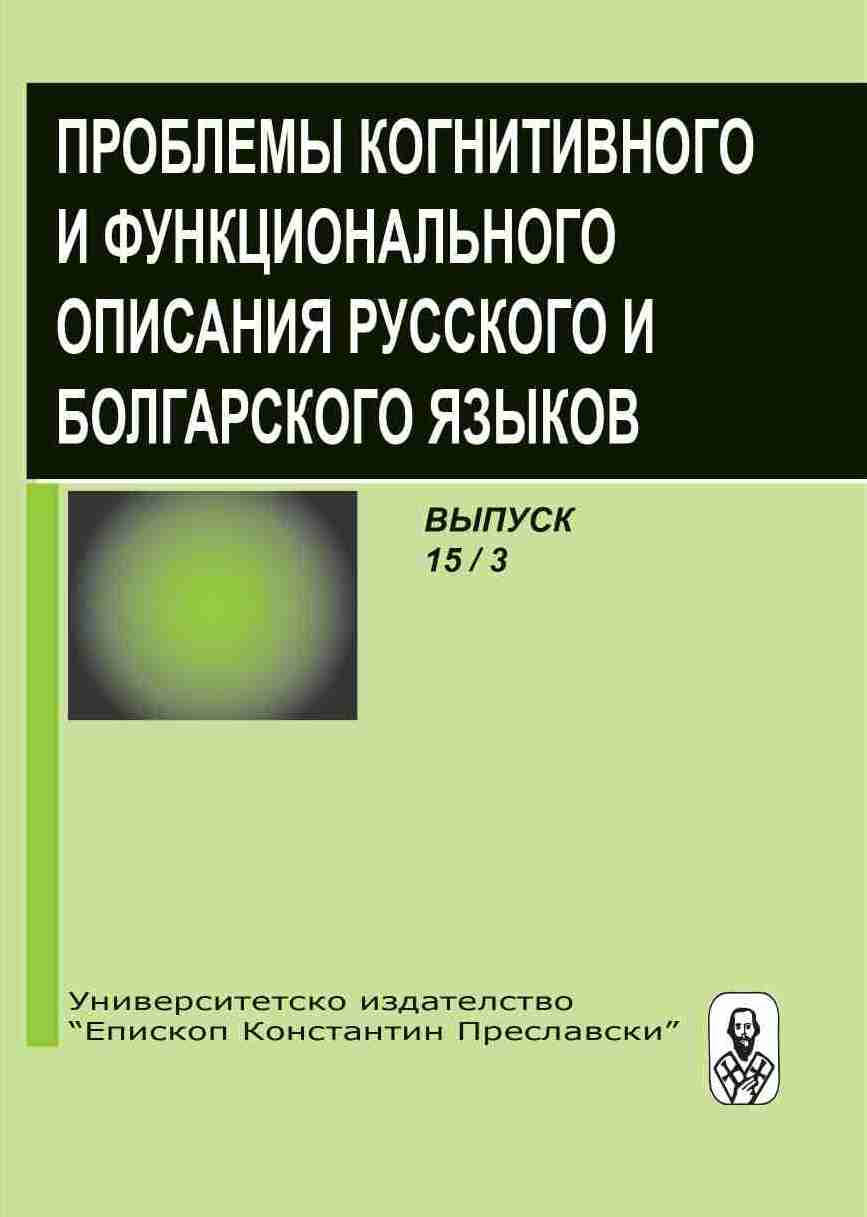
Zagrożenia środowiskowe w bezpieczeństwie transportu lotniczego
The article discusses the issue of environmental hazards as an important factor leading to threats in the safety of air transport. Its aim is to analyse the impact of such threats on the level of safety in air transport. In accordance with the adopted objective, the main research problem was formulated: How do environmental hazards affect the level of safety of air transport? In order to answer the above question, it was necessary to use research methods, including a critical analysis of legal acts and selected literature on the subject. The analysis of the indicated areas indicates that in order to improve the impact of air transport on the environment, it is necessary to consider the introduction of appropriate measures and adopt the set directions of change.
More...




